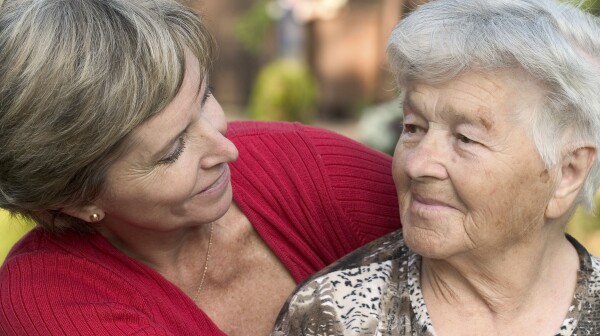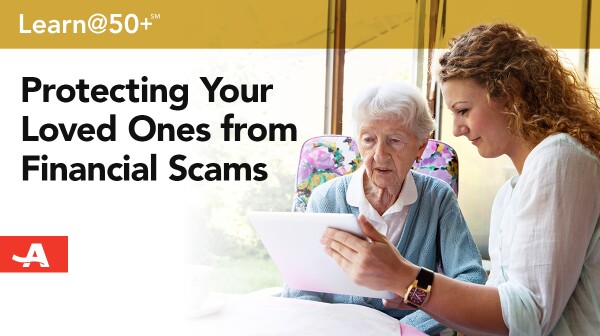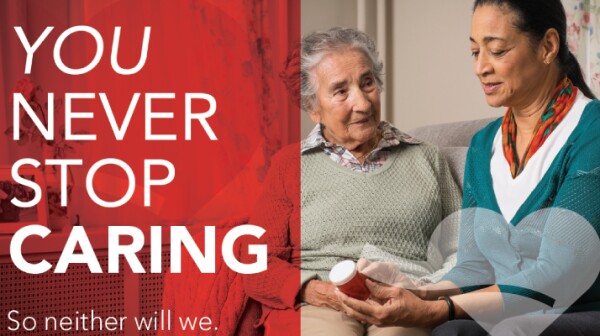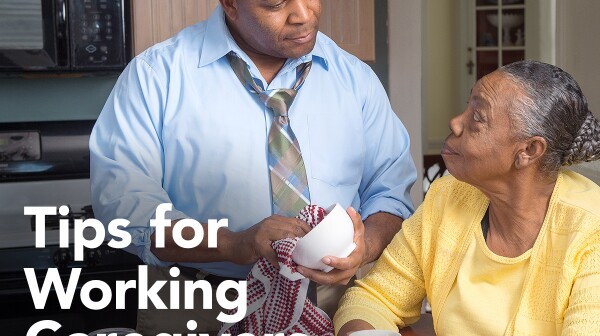AARP Eye Center
CLOSE ×
Search
Popular Searches
- right_container
- Health
- Money
- Work & Jobs
- Advocacy
- Social Security
- Medicare
- Caregiving
- Games
- Travel
- More...
- Entertainment & Style
- Family & Relationships
- Personal Tech
- Home & Living
- Auto
- Staying Sharp
- Podcasts
- Videos
AARP is imploring lawmakers to increase funding for the Texas Lifespan Respite Care Program, which provides help for family caregivers.
The COVID-19 outbreak has taken an emotional toll on everyone including caregivers. It is important to help family caregivers keep themselves and those around them safe, happy, and healthy. AARP in Texas knows the value caregivers bring to all our communities which is why we work feverishly to provide practical resources and up to the minute information to keep them safe.
This week’s ‘Prepare to Care’ podcast addresses two different topics that impact us all during these difficult times: scammers and caregivers. To give older Americans the tips, information, and resources they need during the COVID-19 outbreak we are referring to scam experts and caregiving specialists.
At AARP, we have been promoting the health and well-being of older Americans for more than 60 years. We are monitoring developments related to Covid-19 and are working feverishly to keep you informed by providing you information and resources to help older people and caregivers protect themselves from the virus and prevent its spread. One of the issues that accompany crisis situations is the issue of price gouging. Unfortunately, Texans are not immune to this type of illegal practice. Texans were told to be on the lookout for scams after Governor Greg Abbott issued a statewide Coronavirus disaster declaration on March 13.
Embrace the new year as a chance to become healthier and happier with goal-setting advice from AARP in Houston’s Prepare to Care podcasts.
Across Texas, 3.4 million unpaid family caregivers are providing nearly 3 billion care hours each year to ensure the health and wellbeing of older parents, spouses, partners, and friends with chronic disabling or serious health conditions.
Do you know ways to help keep your aging loved ones from losing money to scams and fraud? We’ll share important information that could help you keep them safe during our free webinar.
Caring for a parent, spouse, or other loved one can be a 24/7 job that is emotionally, physically and financially difficult. That’s why AARP works tirelessly to support family caregivers, striving to make your big responsibilities a little bit easier.
Attend AARP’s free, two-part webinar to find out how.
Caring for a loved one is a lot of work, and there’s a real risk of burnout. Luckily, there are some self-care steps that caregivers can take to keep their tanks from running empty.
Search AARP Texas
Connecting you to what matters most, like neighbors do. Find events, volunteer opportunities and more near you.
Sign Up & Stay Connected










































































